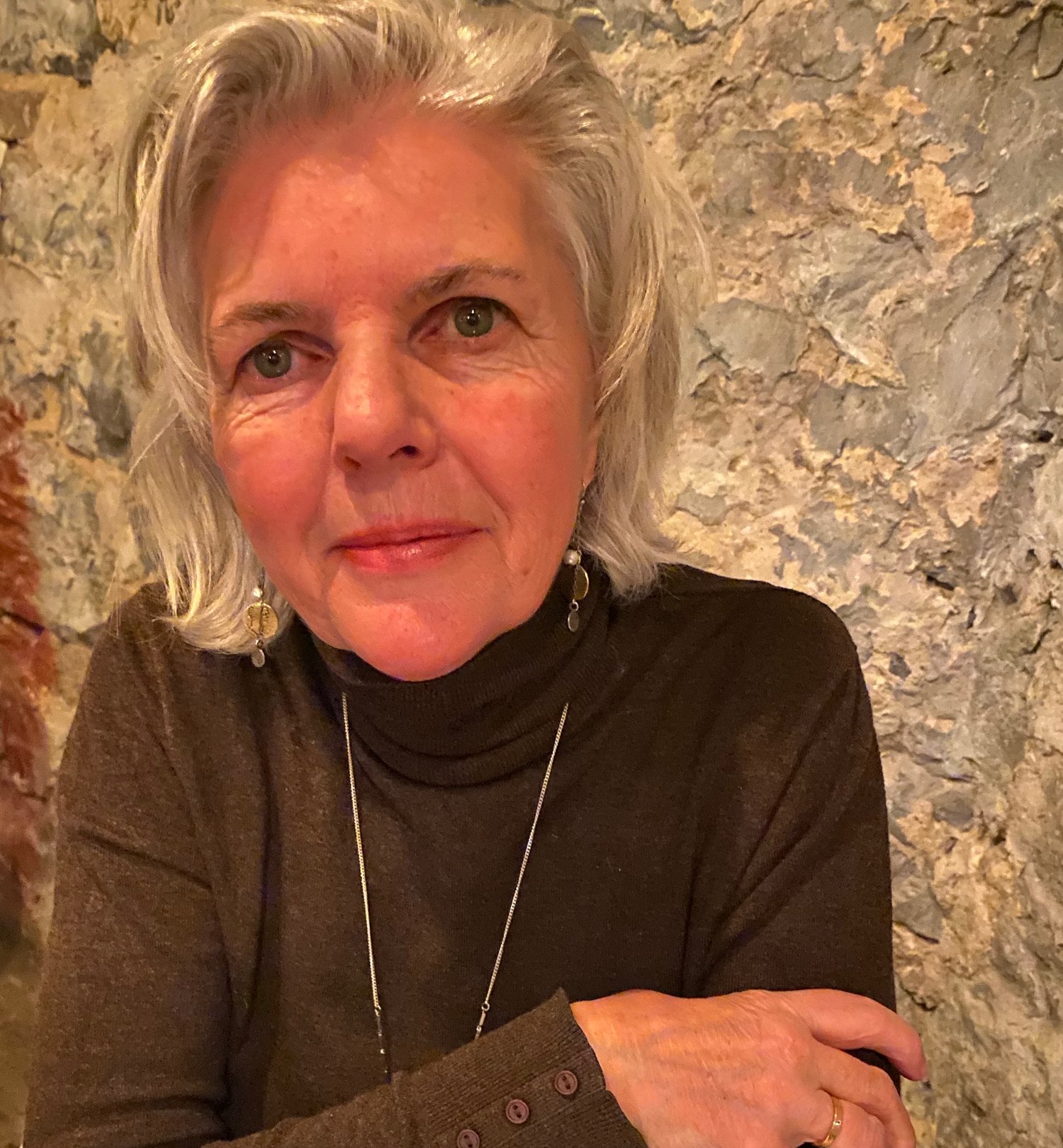Clarity and Vision
/I don’t fish, play lacrosse, or like football, but I recently purchased John McPhee’s, The Patch, because Chapters topped up my Plum Rewards with a $10.00 discount. I read his essay The Orange Trapper in 2013, published in the New Yorker. It is one of my favorites essays for the simple reason that anyone who can write with fascinating detail about chasing after golf balls has my attention.
The first time I read the essay The Orange Trapper I admit I was wrapped up in a ‘golf phase’. My husband, who couldn’t believe he married someone who shared his passion for the sport, although my game was amateur, took me on a golfing vacation to Jekyll Island not far from Savannah, Georgia. We spent three days on the Island and the rest of the week in Savannah. I came home and wrote two short stories with a golf setting.
The other reason I bought The Patch was for the second half of the book--An Album Quilt, pieces written for both public and private occasions. John McPhee cut seventy five per cent out of two hundred and fifty thousand words before choosing what he felt fit the quilt pattern design. I’ll lend you the book if you’d like to read what he felt was good enough for publication. The key is that he had enough material to choose from. An Album Quilt didn’t seem to fit my image of a quilt and what he chose to make the pattern but you may have a totally different
I’m not keen on writing just to fill notebooks or the iCloud, but it’s worth reevaluating what I write about and whether seven-five percent should be viewed as not worthy of publication. I have had the time this past year to re-read my journals, notes, blogs, stories, poetry, and a podcast. My ability to collect massive amounts of research material, horde newspaper clips, fill moleskins, fountain pen my way through Clairefontaine unlined books, thin scribblers, long scribblers, mini note pads, etc… is impressive! Seventy-five percent is a lot of cutting when it comes to what’s worthy of print or even a blog. Yet unlike the Orange Trapper, I once took a risk with a topic as minute as a mustard seed, and it flew over the heads of my writing group, landing in the recycling bin. There’s a lot more to hitting that little ball than colorful language and status detail. What captures readers we all know is a sense that the voice of the author has authority. Like the weasel that Annie Dillard writes about in Living Like Weasels, (another favorite essay) it’s about clarity and pure vision. I’m thinking that I may share how I lost and then found my writing voice in my next blog. Or it may happen there is something more significant from my writing material that I cannot discard.


